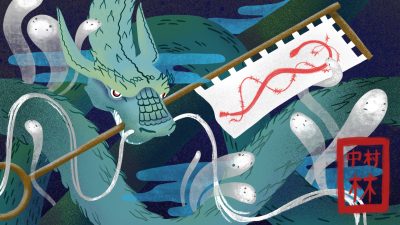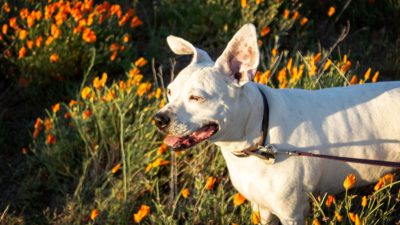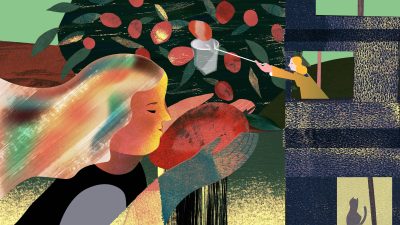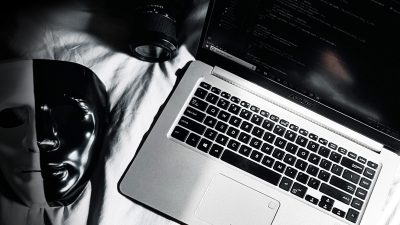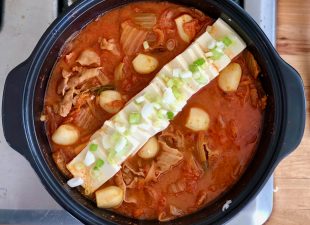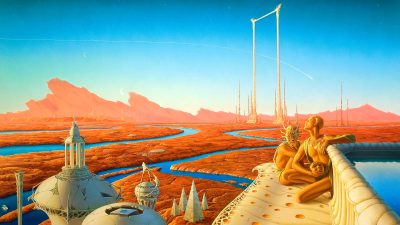Columns
From Haunting to Healing: On the Gwangju Uprising and ‘Human Acts’
To this day, I don’t know how my father experienced the Gwangju uprising.
No One Should Have to Ignore Their Grief, Yet It’s Long Been Expected of People of Color
For our communities, those missing and murdered, caged and dying, are not distant examples, invisible, or forgotten. They are our family and friends.
You Gave the Enemy a Face—and That Face Was Mine
In America, we like to be heroes—to find our enemies and defeat them. So, in a pandemic where the enemy is not visceral, we create one that is.
Writing Our Pandemic Stories: April & May
In this three-installment column, Chloe Caldwell and her 12-month essay generator students write about their daily life during the Covid-19 crisis
The Many Meanings of the Mango
Mangoes—revered and prized by almost every culture in which they are cultivated—are a migrant fruit.
How Generations of Black Women Artists Are Lost to Institutional Racism
Kathleen Collins never subscribed to the over-wrought myth of the starving artist . . . For her, suffering did not beget great art.
Horror in the Vast Rooms of the Internet
We die differently now that we have each other at the tip of our fingertips. We live differently, too.
Gettin’ Jigae With It
You can turn almost nothing but kimchi and liquid into something vibrant and nourishing to eat—something that everyone seems to want right now.
How Do We Overcome Trauma?
I categorized the sexual assault under things that were my fault. “It was not that bad,” I told myself. “Others have been through worse.”
‘The Martian Chronicles’ Made Climate Change Visible
Climate change can often seem invisible, because at base, it’s a physics problem.



